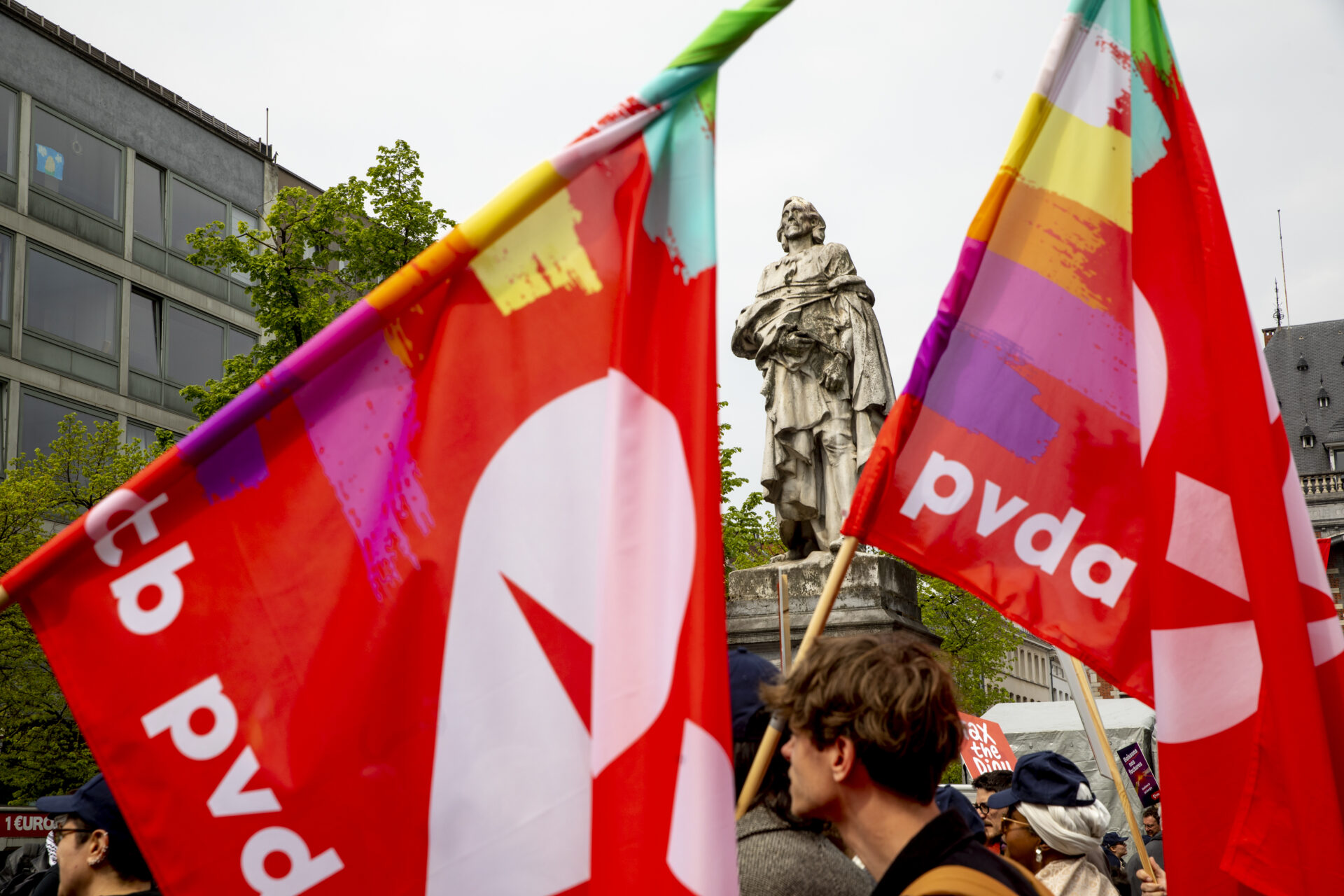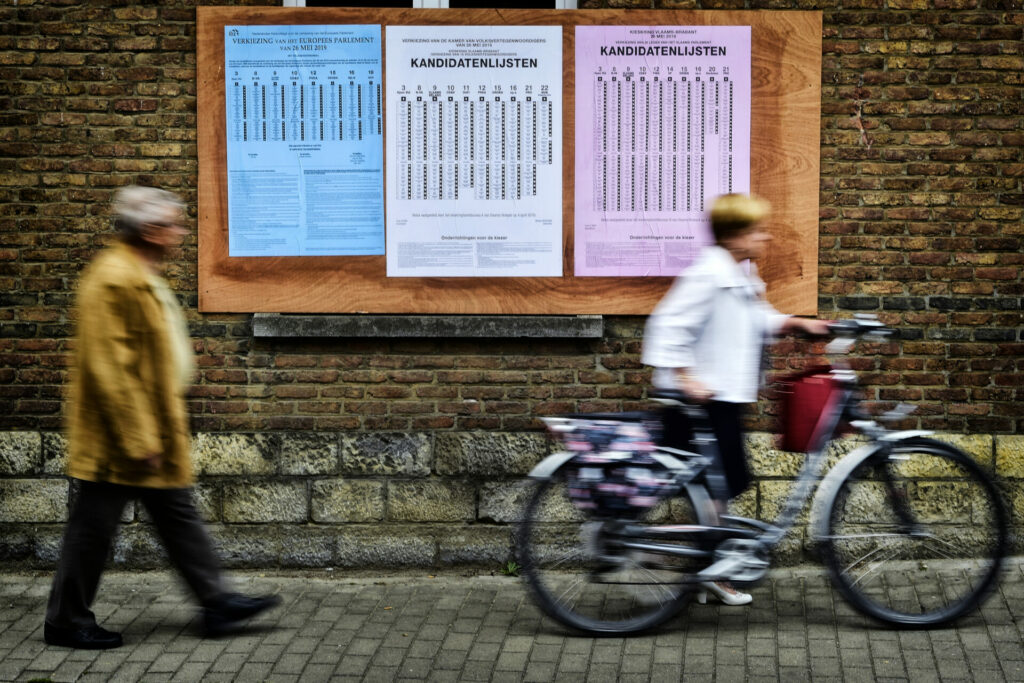Anger played a key role in votes for radical parties on both sides of the political spectrum in the 2019 Belgian elections, an academic study has revealed.
The study, conducted by the University of Antwerp (UA) and the Free University of Brussels (ULB), investigated how anger, fear and feelings of positivity about the future impacted votes for radical parties.
Using data collected before and after ballots, the research focused on votes for the two predominant radical parties in Belgium: the Worker's Party of Belgium (PTB-PVDA) and Vlaams Belang, who currently hold 12 seats (8.6%) and 18 seats (11.9%) respectively out of 15o seats in the Chamber of Representatives.
The research found that "voters of radical right parties report significantly higher levels of anger compared to green, mainstream left and mainstream right parties, while the difference with the radical left is not significant." Fear and future-oriented positivity, meanwhile, showed no correlation with radical votes.
Anger "unites" voters on both sides of the political spectrum, with a preference for the left in French-speaking Belgium and the right in Flanders. "Radical left voters in Wallonia and radical right voters in Flanders seem to be sharing anger toward politics," head researcher Laura Jacobs told The Brussels Times. "Digging deeper, there are other differences with regard to ideology, but when it comes to emotions, the same phenomenon is occurring in both regions."
The blame game
Anger (and not fear) fuels the radical vote because people feel they have someone to blame for societal problems: the elite. Fear, meanwhile, occurs in situations of uncertainty, the report explains. "Anger finds a fertile breeding ground when voters have a clear idea of the cause of a specific threat and source for a blame attribution.
Leaders of these parties – spurred on by the social media revolution – engage regularly in negative campaigning, presenting politics as a battle between people and the elite."

Credit: Belga / Hatim Kaghat
Jacobs emphasises that anger must be appreciated in the context of a myriad of characteristics that define radical voters. Ideology, low levels of political trust and the prevalence of populist attitudes also ramp up support for these parties. "It is an 'and' and not an 'or' story," she says.
The academic also highlights the differences between PTB-PVDA and Vlaams Belang despite the common emotion that has fed both parties' electoral success. The former is left-wing and anti-capitalist and advocates for a new system as a solution to societal problems. The latter is right-wing and nativist in its approach, adopting a staunch anti-immigration policy.
Pre-existing studies have focused on the influence of emotion on the rise of the far-right, but researchers in this case seized the opportunity to study two anti-establishment parties from both sides of the political spectrum and operating in two distinct regions. The focus is therefore on the emotional sway of parties, "irrespective of ideology".
The year the world goes to the polls
More than 60 countries worldwide will go to the polls in 2024, and the EU is concerned about the growing possibility that radical parties may overshadow mainstream ones in the European Parliament following the next ballot.
Jacobs says research from one region cannot be used to make predictions about electoral trends elsewhere. However, she acknowledges that feelings of anger may influence citizens to vote for radical parties in the upcoming Belgian and European elections, which will coincide on 9 June. In Europe, "it could definitely be the case. But it is always a combination of factors.
"We are living in a context that is favourable to radical parties: Covid-19 and its economic after-effects, geopolitical crises, migration … emotions do play a role."
Jacobs also notes that there may be a reciprocal relationship between political parties and feelings of anger. Emotions may be stirred up by radical politicians for electoral gain, but "this is a process that is difficult to study."

